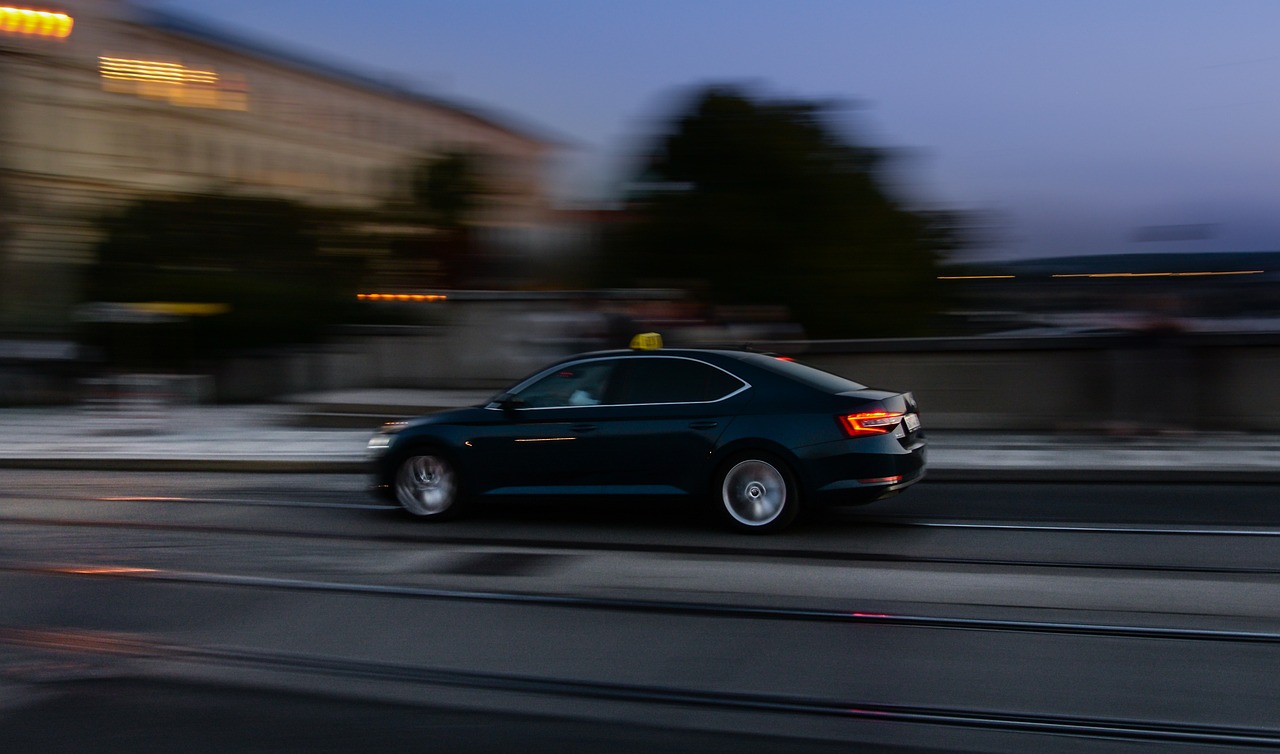Addressing Legal Liability Concerns in Autonomous Driving: 11xplay sign up, India 24 bet login, Skyinplay.com login
11xplay sign up, india 24 bet login, skyinplay.com login: Autonomous driving technology has the potential to revolutionize the way we travel, offering increased safety, efficiency, and convenience. However, along with these benefits come concerns about legal liability in the event of accidents or malfunctions involving autonomous vehicles.
As autonomous driving technology continues to advance, it is essential for lawmakers, regulators, manufacturers, and consumers to address these legal liability concerns proactively. By establishing clear guidelines and protocols, we can ensure that all parties involved in the development and operation of autonomous vehicles understand their rights and responsibilities.
Here are some key considerations for addressing legal liability concerns in autonomous driving:
1. Manufacturer Liability: One of the primary questions surrounding autonomous driving is who is responsible in the event of an accident – the vehicle manufacturer or the individual using the vehicle? Clear guidelines must be established to determine when the manufacturer may be held liable for accidents or malfunctions.
2. User Liability: While autonomous vehicles are designed to operate without human intervention, users may still be required to take control in certain situations. Ensuring that users understand their responsibilities and limitations is crucial for avoiding legal disputes.
3. Regulatory Framework: Establishing a comprehensive regulatory framework for autonomous driving is essential for addressing legal liability concerns. This framework should outline safety standards, data privacy regulations, and liability protocols for all parties involved.
4. Insurance Requirements: As autonomous driving technology evolves, insurance companies may need to adapt their policies to account for the unique risks associated with autonomous vehicles. Clear guidelines on insurance requirements for autonomous vehicles can help protect both manufacturers and users.
5. Data Collection and Privacy: Autonomous vehicles rely on vast amounts of data to operate effectively. Ensuring that this data is collected, stored, and shared responsibly is essential for protecting user privacy and avoiding legal challenges.
6. Testing and Certification: Before autonomous vehicles are allowed on public roads, they must undergo rigorous testing and certification to ensure their safety and reliability. Establishing clear protocols for testing and certification can help prevent accidents and minimize legal liability.
As autonomous driving technology continues to evolve, addressing legal liability concerns will be essential for ensuring the widespread adoption and acceptance of autonomous vehicles. By proactively addressing these concerns, we can help ensure that autonomous driving technology benefits society as a whole.
FAQs:
Q: Who is liable in the event of an accident involving an autonomous vehicle?
A: Liability in autonomous vehicle accidents may vary depending on the circumstances, but manufacturers, users, and other parties may be held accountable.
Q: Are autonomous vehicles safer than traditional vehicles?
A: Autonomous vehicles have the potential to be safer than traditional vehicles by eliminating human error, but safety standards and regulations must be in place to ensure their reliability.
Q: How can users protect themselves from legal liability when using autonomous vehicles?
A: Users can protect themselves by understanding their responsibilities, following safety guidelines, and keeping up to date on regulations related to autonomous driving.







